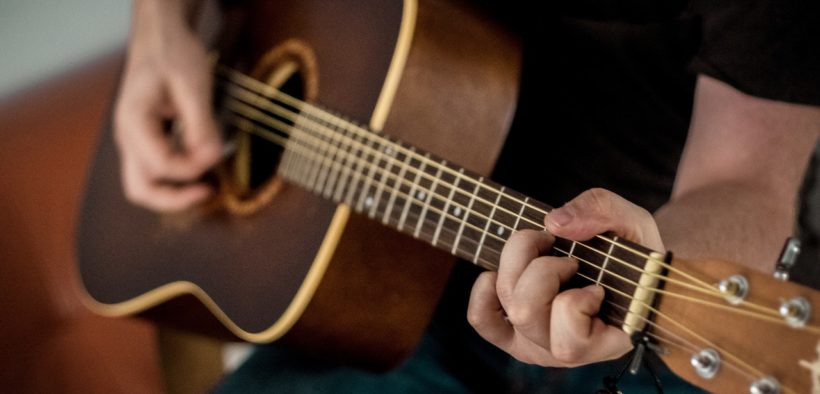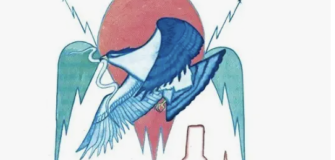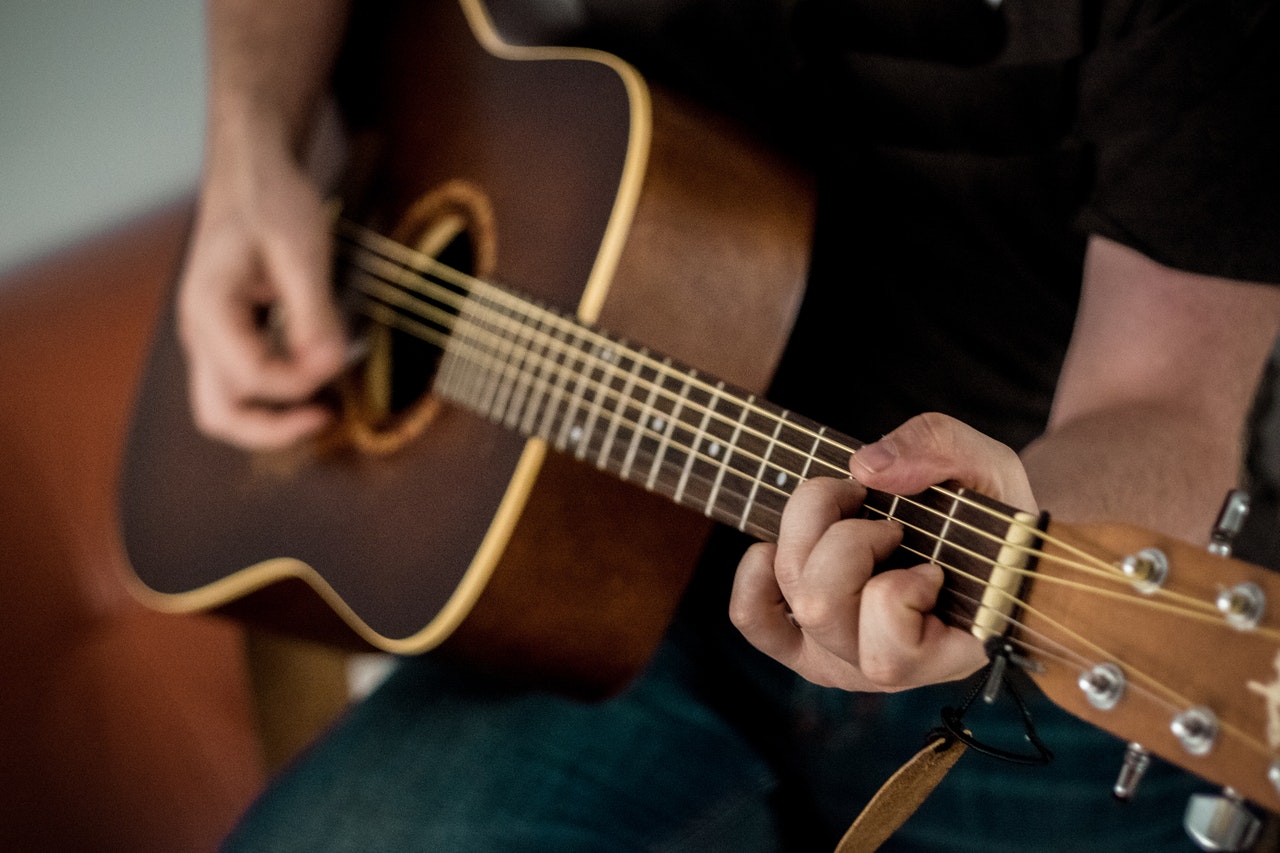Minor pentatonic scales guitar
Share

The minor pentatonic scale is one of the most commonly used scales in rock, blues, and metal music. It is a five-note scale that is easy to play and can be used to create great solos and improvisations. In this article, we will be discussing the minor pentatonic scale in general, without any specific references to sites or persons.
What is a Minor Pentatonic Scale?
The minor pentatonic scale is a five-note scale that is made up of the root, minor third, fourth, fifth, and minor seventh notes of the natural minor scale. In other words, it is a simplified version of the natural minor scale that only includes the most important notes. The scale is also known as the “blues scale” because it is heavily used in blues music.
The scale has a unique pattern that can be played in any key, which makes it very versatile. The pattern is as follows:
Root Note – Whole Step – Minor Third – Whole Step – Whole Step – Minor Third – Whole Step
For example, if we start with the note A, the pattern would be:
A – C – D – E – G – A
If we start with the note G, the pattern would be:
G – Bb – C – D – F – G
How to Play the Minor Pentatonic Scale on Guitar
The minor pentatonic scale is one of the easiest scales to play on the guitar. It can be played in any position on the fretboard, which makes it very easy to move around and play in different keys.
To play the scale in the key of A, start with the 5th fret of the low E string (which is an A note) and play the following pattern:
5th fret – 8th fret (whole step) – 10th fret (minor third) – 12th fret (whole step) – 13th fret (whole step) – 15th fret (minor third) – 17th fret (whole step)
This pattern can be moved up or down the fretboard to play the scale in different keys. For example, to play the scale in the key of G, start with the 3rd fret of the low E string (which is a G note) and play the same pattern.
The scale can also be played using different fingerings and positions on the fretboard. It is important to practice playing the scale in different positions to improve your fretboard knowledge and technique.
How to Use the Minor Pentatonic Scale in Your Playing
The minor pentatonic scale is a very versatile scale that can be used in many different ways. It is often used in rock, blues, and metal music to create solos and improvisations.
One of the most common ways to use the scale is to play it over a chord progression. For example, if a song is in the key of A minor, you can play the A minor pentatonic scale over the entire progression to create a solo or improvise.
Another way to use the scale is to combine it with other scales and modes. For example, you can use the A minor pentatonic scale with the A natural minor scale to create different sounds and textures.
The scale can also be used to create riffs and licks. For example, the opening riff of “Smoke on the Water” by Deep Purple is based on the A minor pentatonic scale.
Tips for Practicing the Minor Pentatonic Scale
Here are some tips for practicing the minor pentatonic scale on the guitar:
Start by memorizing the scale pattern in one position on the fretboard. Once you have mastered this position, move to another position and repeat the process.
Practice playing the scale using different fingerings and positions on the fretboard to improve your technique and fretboard knowledge.
Play the scale over a backing track or chord progression to practice improvising and soloing.
Combine the scale with other scales and modes to create different sounds and textures.
Practice playing the scale with different rhythms and articulations to improve your phrasing and dynamics.
Use a metronome or drum machine to practice playing the scale at different tempos.
Practice playing the scale in different keys to improve your overall musicianship.
Conclusion
The minor pentatonic scale is an essential scale for any guitar player. It is easy to play, versatile, and can be used in many different styles of music. By practicing the scale in different positions, combining it with other scales and modes, and playing it over different chord progressions, you can improve your technique, creativity, and overall musicianship. So, start practicing the minor pentatonic scale today and take your playing to the next level!










